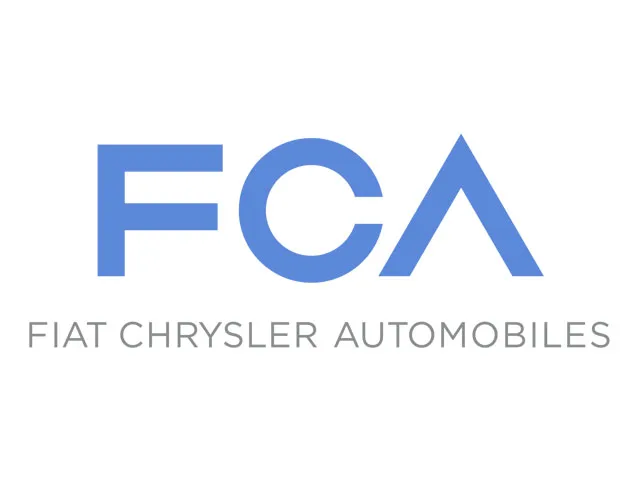As part of the new agreement, Fiat Chrysler must now employ an independent monitor to oversee its safety reporting. This third party will ensure all injury and death data is submitted accurately and on time moving forward.
Automakers Must Follow Strict Federal Reporting Requirements
Fiat Chrysler’s failure to meet these requirements triggered harsh criticism from Congress and safety advocates. Lawmakers have recently accused the agency itself of not taking aggressive enforcement action quickly enough. The Fiat Chrysler fine suggests a stronger stance by regulators following that criticism.
Fiat Chrysler Is Not Alone in Safety Violations
Since 2012, the NHTSA has imposed more than $261 million in civil penalties against several major automakers. These include Fiat Chrysler, Honda, Toyota, Ford, GM, and Hyundai. Common violations include failure to report injury and death claims or to submit documents within required timeframes.
Some critics worry that these fines are not changing behavior. Manufacturers may treat these penalties as routine expenses rather than incentives to improve safety practices.
The automotive industry has faced growing scrutiny for transparency failures. For example, Volkswagen admitted to installing software that intentionally misled emissions testing. These events show that regulatory enforcement continues to play a vital role in public safety.
Fiat Chrysler Must Earn Back Consumer Trust
The fact that Fiat Chrysler was fined so heavily reflects the seriousness of the violations. With public safety at stake, automakers cannot afford to ignore federal law. Fiat Chrysler now faces increased pressure to reform its internal safety oversight and reporting systems.
Consumers deserve transparency when it comes to serious vehicle defects and safety risks. These reporting rules are not optional—they exist to protect lives. The hope is that fines like these will force meaningful change.


